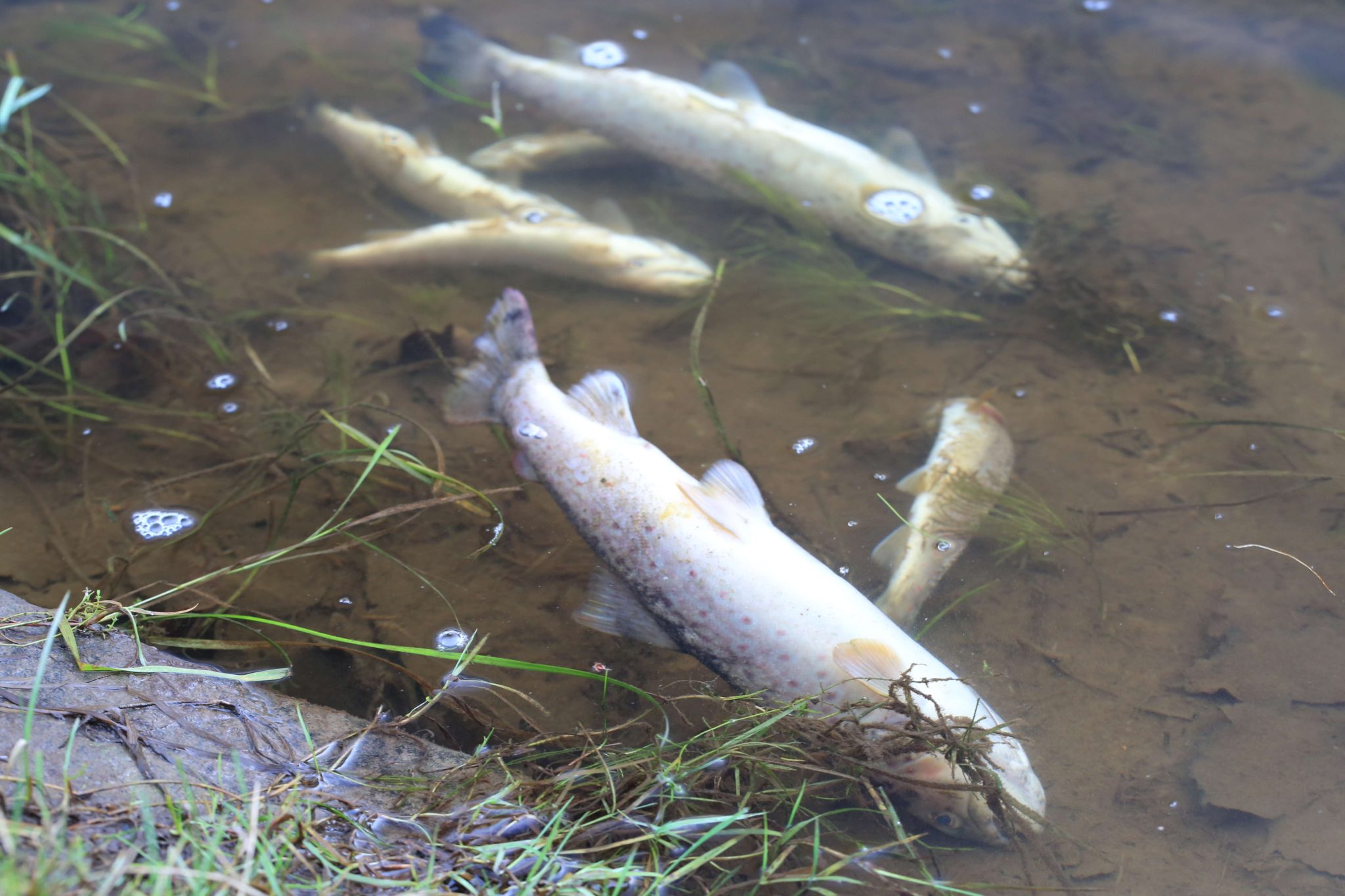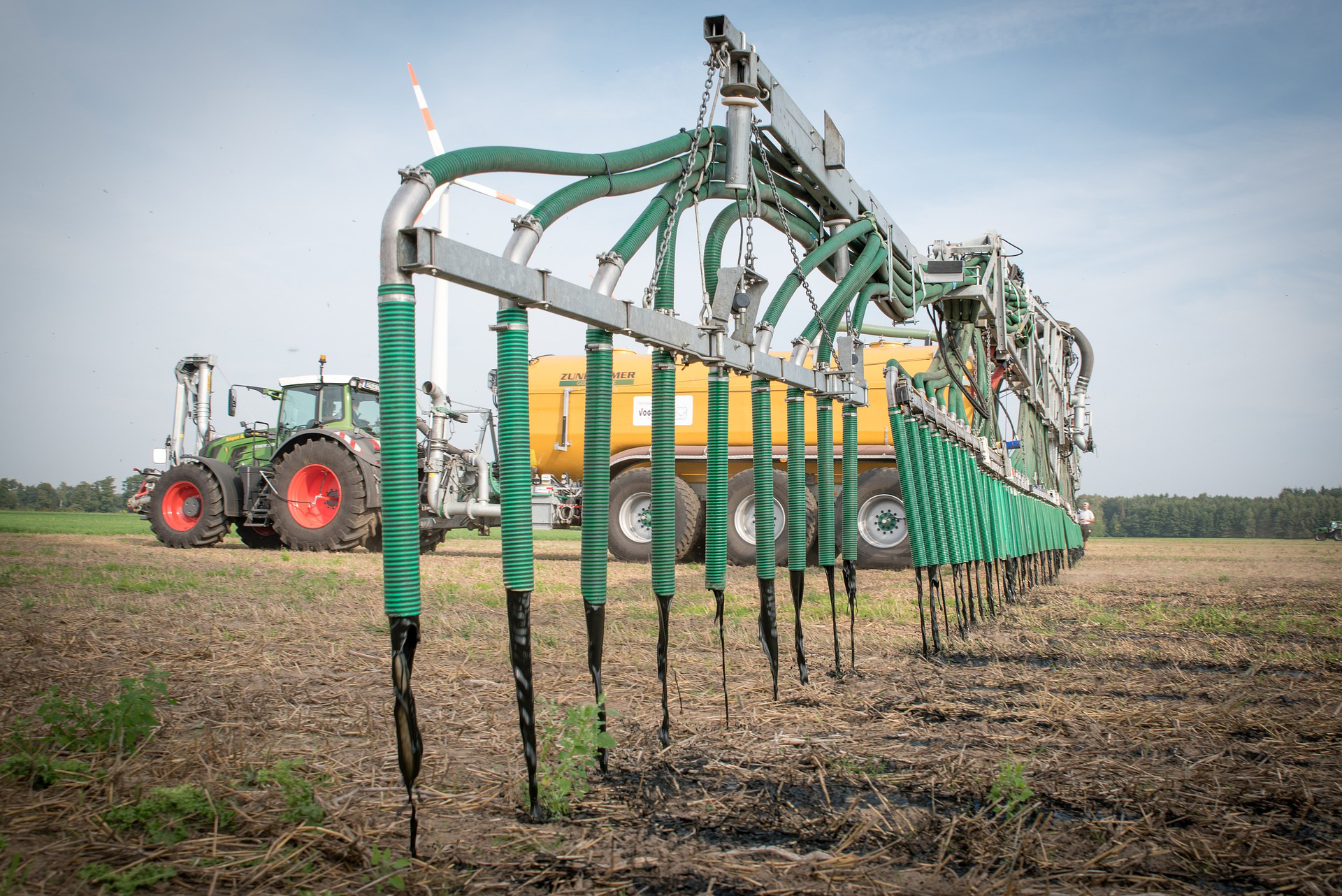Anaerobic digester (AD) plants are widely regarded as a way of generating green energy and as a solution to the disposal and recycling of agricultural and other waste material.
But while ADs may help Wales achieve its carbon targets, they are having some very negative effects on efforts to attain biodiversity improvements. They are complex, industrial plants, many of which are damaging river environments in both direct and indirect ways.
In recent years, accidents at AD plants have caused catastrophic pollution events. They are also a contributor to excessive nutrients in rivers when their end product (digestate) is spread on unsuitable land that is already high in phosphorus and nitrogen.
This is being allowed to happen through weak or non-existent regulation and a flawed planning system.
We know the number of AD plants in Wales is increasing but worryingly, exactly how many there are is unclear. Given this and potential to damage the environment, it is surprising that specific regulations to the operation of anaerobic digesters do not exist.
How Anaerobic Digester Plants Can Harm Rivers
What Needs To Change?
We are not against anaerobic digestion.
Along with Fish Legal, we believe that it should never result in pollution of a Welsh river and further loss of biodiversity.
We need a planning and regulatory system that prevents this and protects the environment. Currently, it does not.
How Is This Achieved?
Welsh Government must review the entire planning and regulatory system when it comes to AD plants. This is something Afonydd Cymru and Fish Legal have called for in letters to Julie James MS, Minister for Climate Change and Lesley Griffiths MS, Minister for Rural Affairs.
Specifically, we need:
- Planning authorities to include the spreading of digestate from AD plants in their environmental considerations when deciding on new developments such as poultry units.
- The introduction of licences to operate AD plants and a regulatory system that guarantees operators are fully qualified and capable of running them with minimal risk.
- Authorities to ensure that all AD plants have the correct planning permissions to operate and that conditions are enforced ““ this is not happening in all cases at the moment.
- All AD plants to require operational permits from Natural Resources Wales and to be inspected regularly.
- If digestate continues not to be considered a waste product and not regulated under waste laws, then new rules for agriculture apply to its spreading and that these are enforced effectively by NRW.
- For the records of digestate spreading areas are supplied to regulatory authorities and made available to the public.
- For all AD plants to be mandated to include technology to remove phosphorus from digestate.
And finally,
- For Welsh Government to introduce incentive schemes to export digestate out of SAC catchments that are failing phosphorus targets. Digestate is a valuable fertiliser which is in high demand in certain areas of the UK. It needs to be spread there, not in sensitive SAC-designated river catchments that are suffering from high nutrient loads.
What you can do to help…..
- Contact your local Member of Parliament, Senedd Member or a local Councillor to highlight this problem, put forward the concerns and what needs to change. Please refer them to this webpage if you wish.Â
- Follow us on social media and help us raise awareness of this issue for the benefit of our precious rivers @AfonyddCymru
If you need any more convincing that this industry poses a threat to Welsh rivers, please read the two case studies below.
Thank you for your support.


